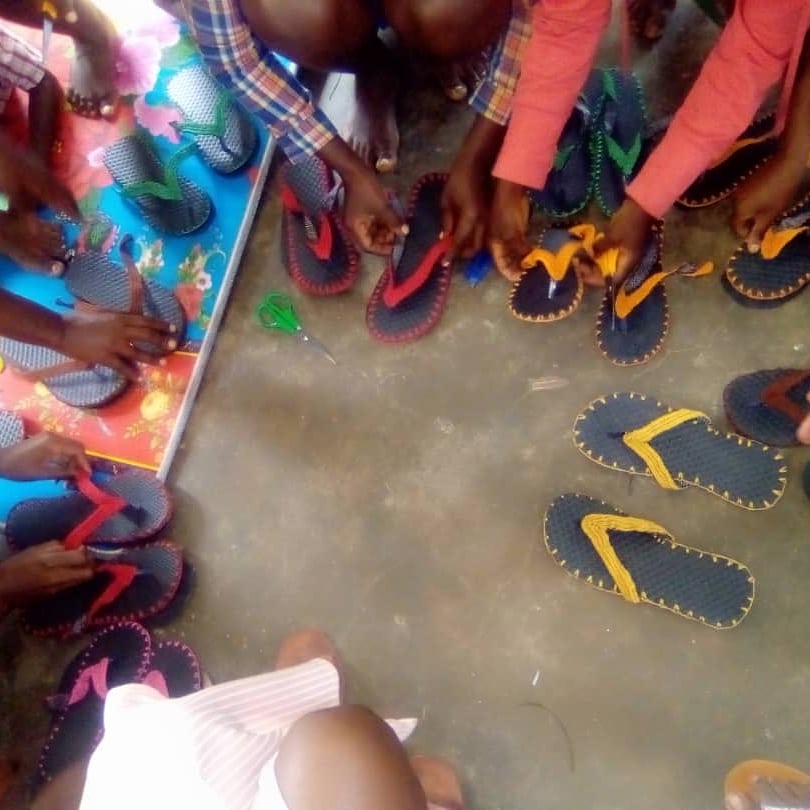21 billion. That’s how many young people between 15 – 24 inhabit the earth – 15.5 per cent of the global population, according to estimates in the 2020 United Nations World Youth Report.
To better the world they stand to inherit, this socially conscious group has unleashed their collective will and might, raising their voices to demand that CSOs and governments address such issues from gender, racial and socioeconomic inequality to climate change. Without waiting for an invitation or permission, youth activists rally their peers, start and fuel movements, shift loyalties to entities that align with their values, call out political leaders and defy the status quo to help shape a world they want to live in – one in which all can thrive.
Since being endorsed by the General Assembly in 1999, 12 August has marked the International Youth Day to acknowledge and amplify the importance of youth participation in current affairs.
This year’s theme is “Intergenerational Solidarity: Creating a World for All Ages” to combat ageism and build bridges between generations. From the wisdom of youth to the energy and idealism of the elderly, we must welcome and leverage the gifts people of all ages bring and ensure no one is left behind. The world’s problems are too vast for entire generations to be absent from helping address them.
As Gender-Environment and Development Action, we work closely with the youth and more especially the teenage mothers.
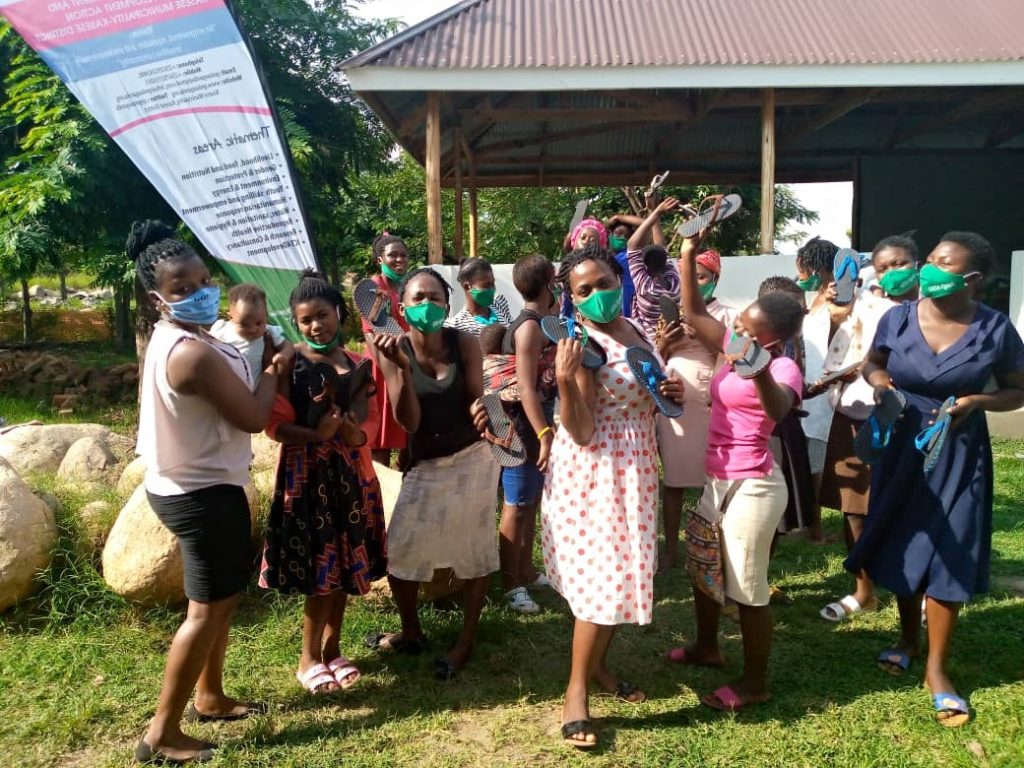
During the Covid-19 pandemic when schools were closed during the lockdown, the burden of pregnancies ravaged the whole world and Kasese where we operate was not spared. As an institution we brought hope back to a number of them through skilling, counselling and referrals among others. The issues of menstrual hygiene have not been left behind by GEDA-Uganda. It is your responsibility, it’s my responsibility to encourage the youth to demand for their rights.
Happy IYD.


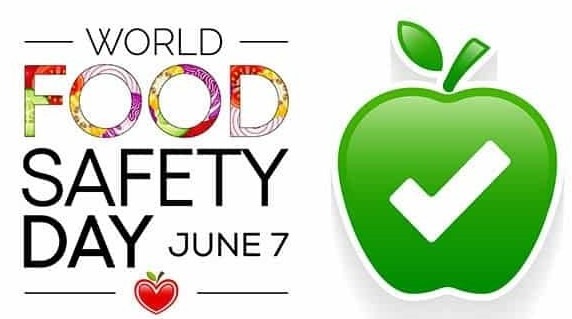
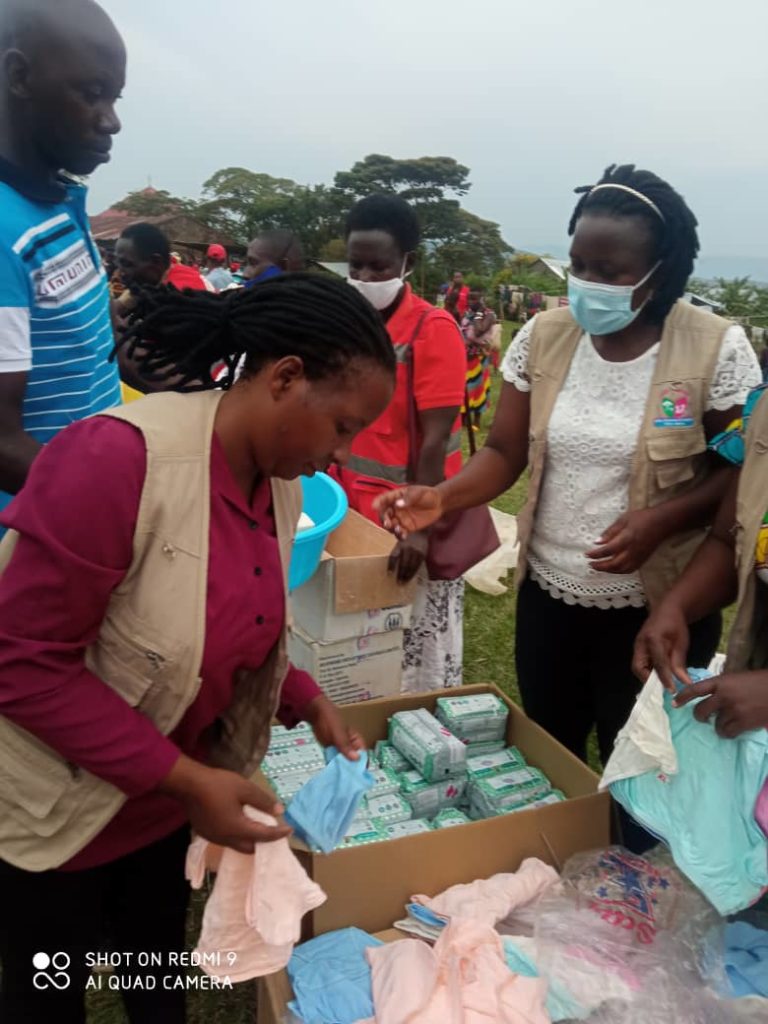
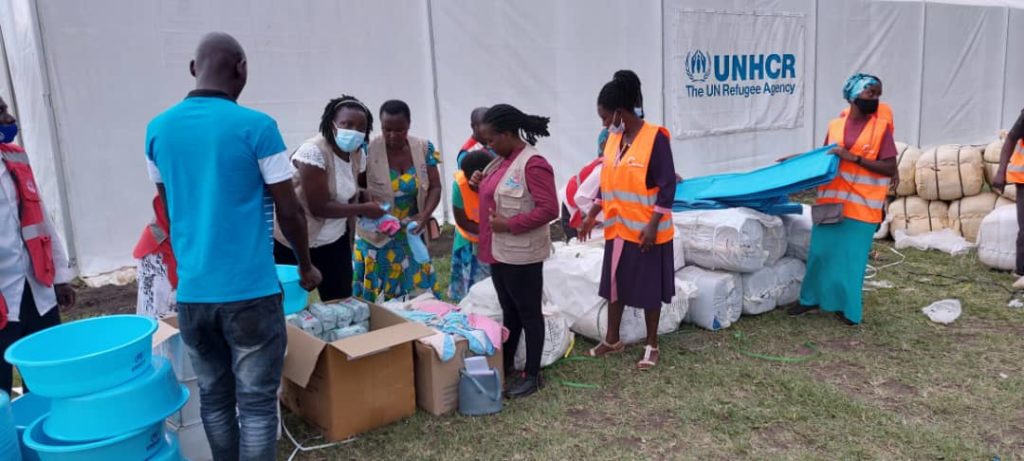
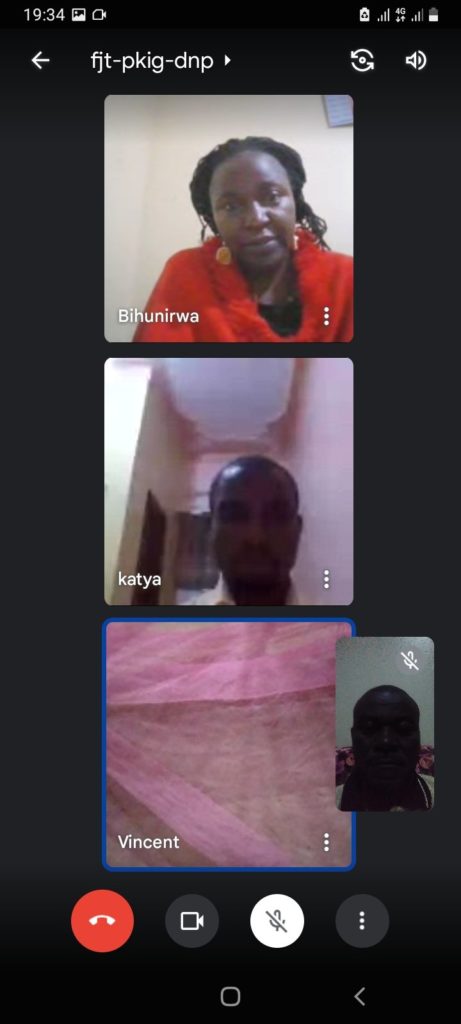
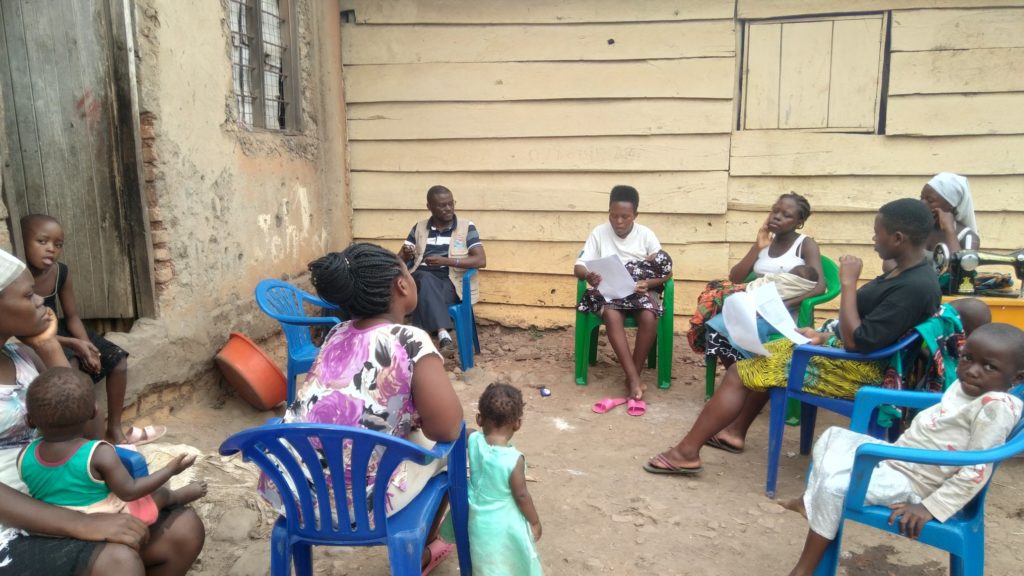
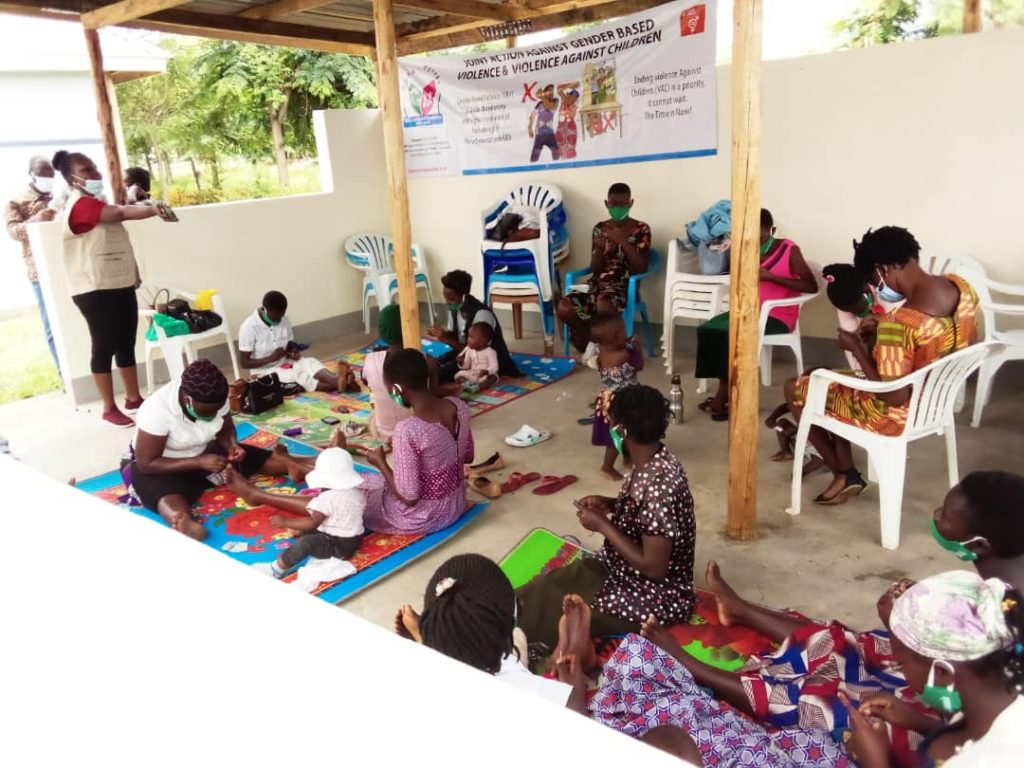
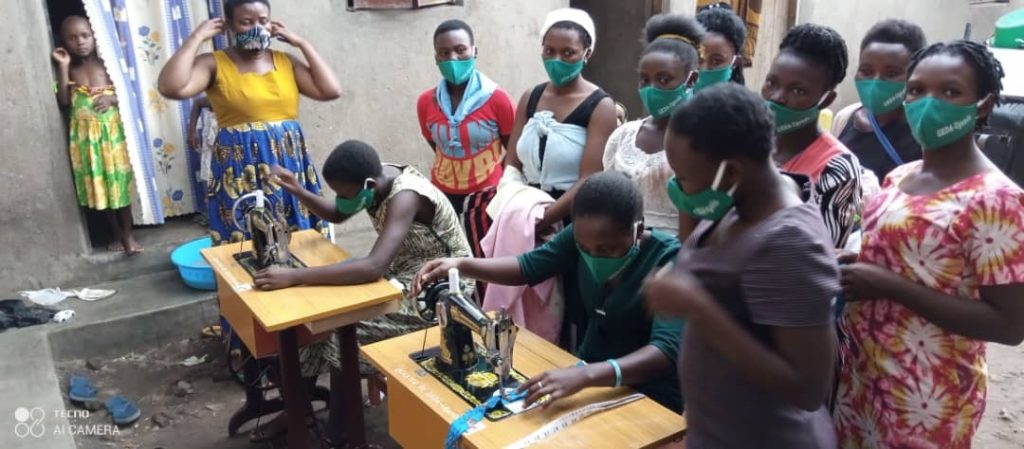
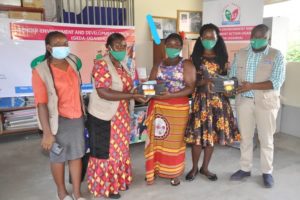
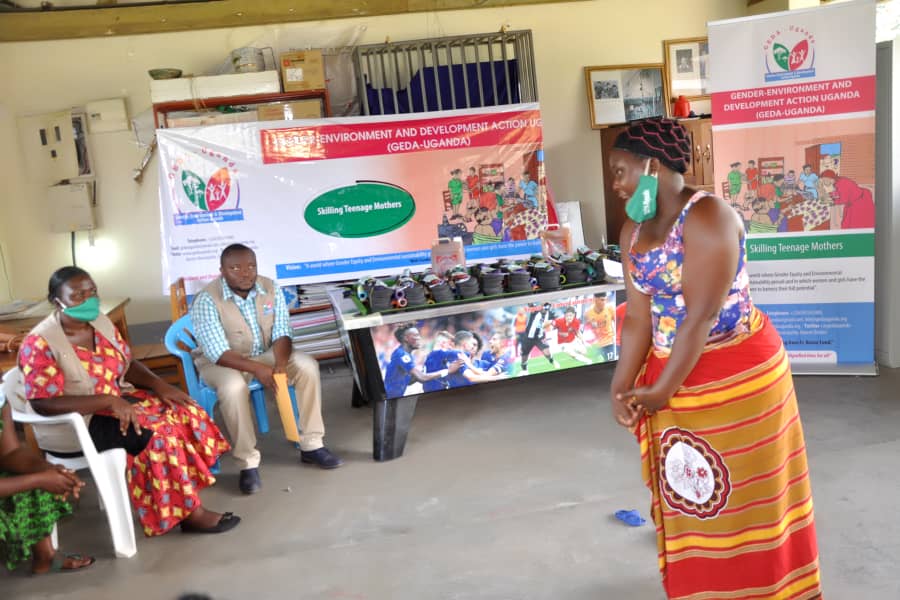
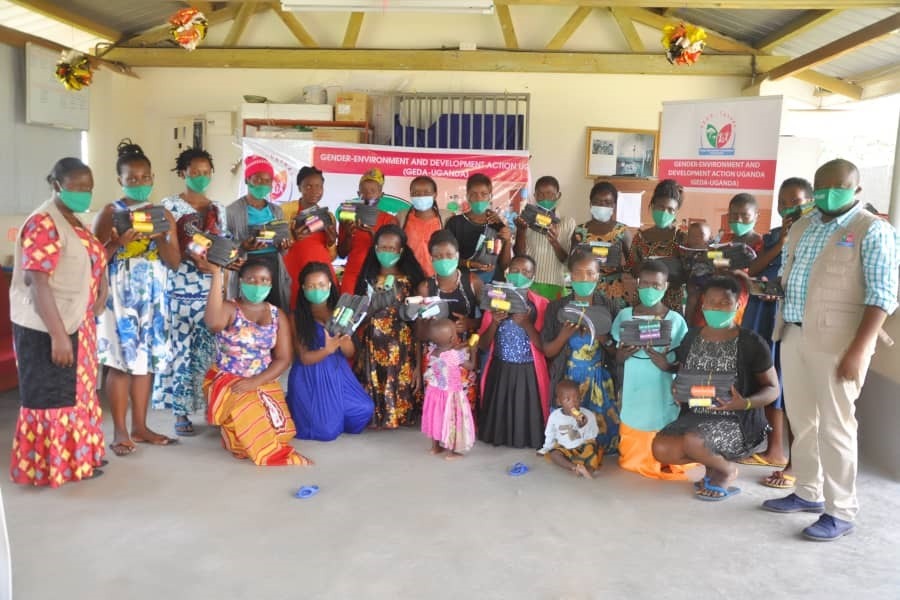
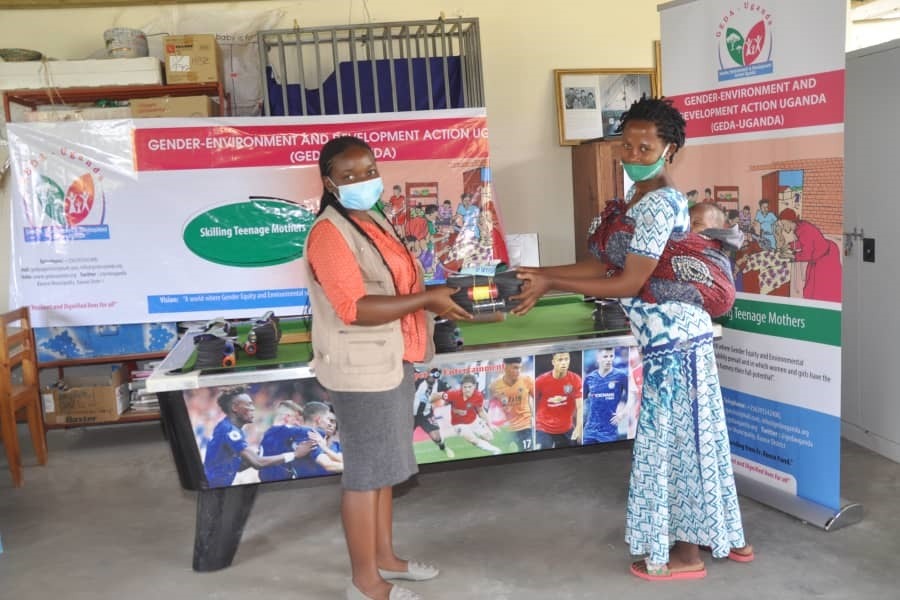
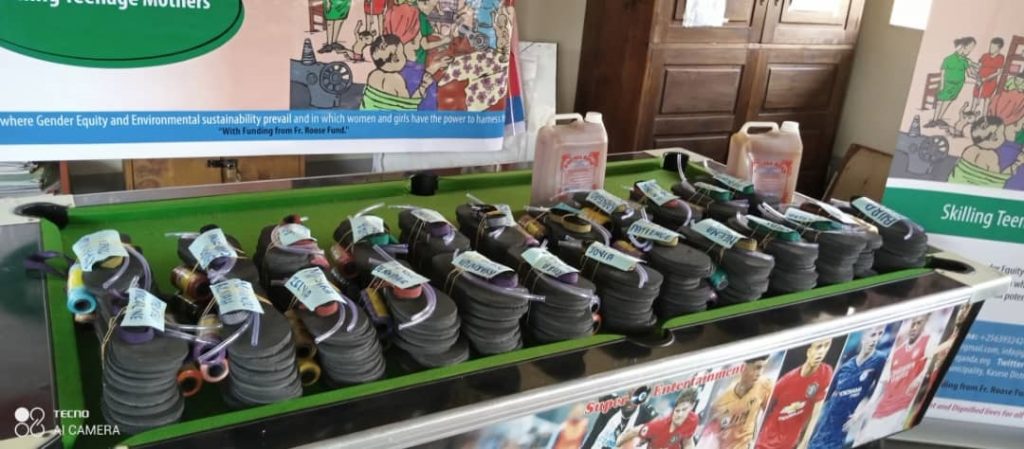
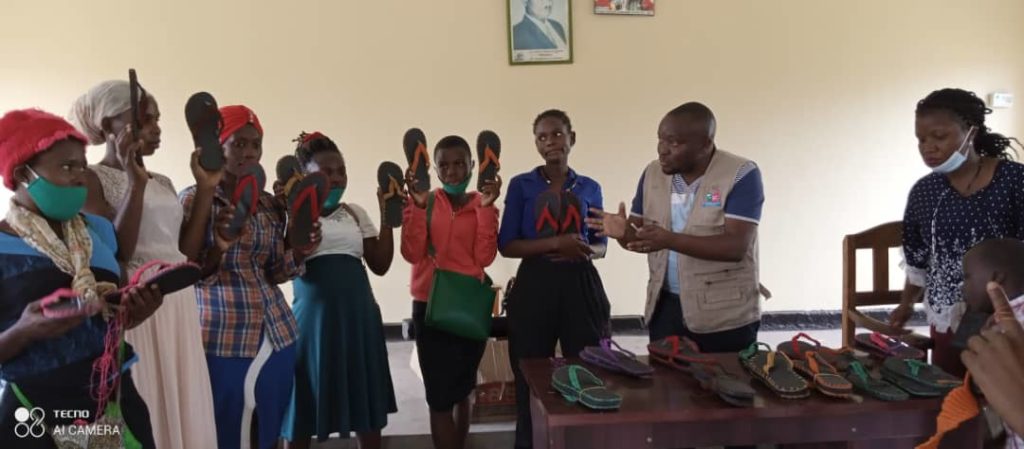
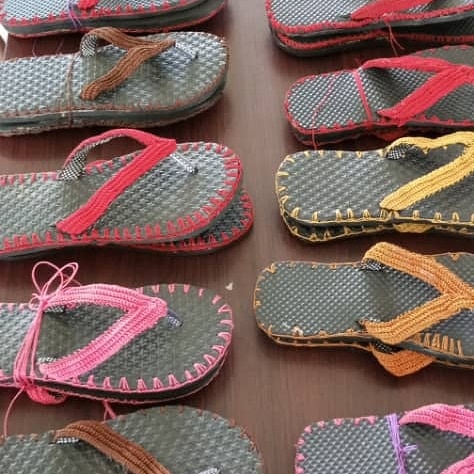 by the fathers to their children.
by the fathers to their children.